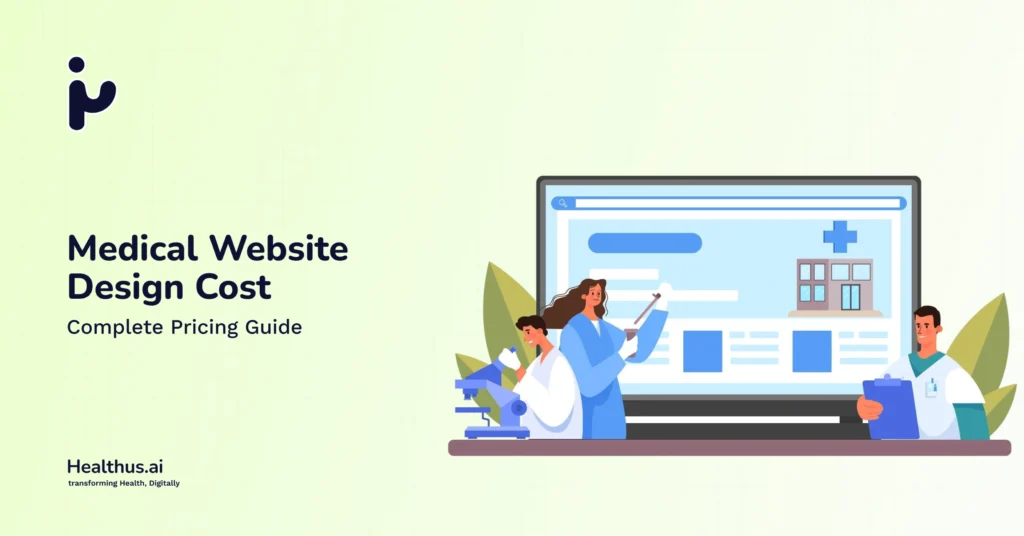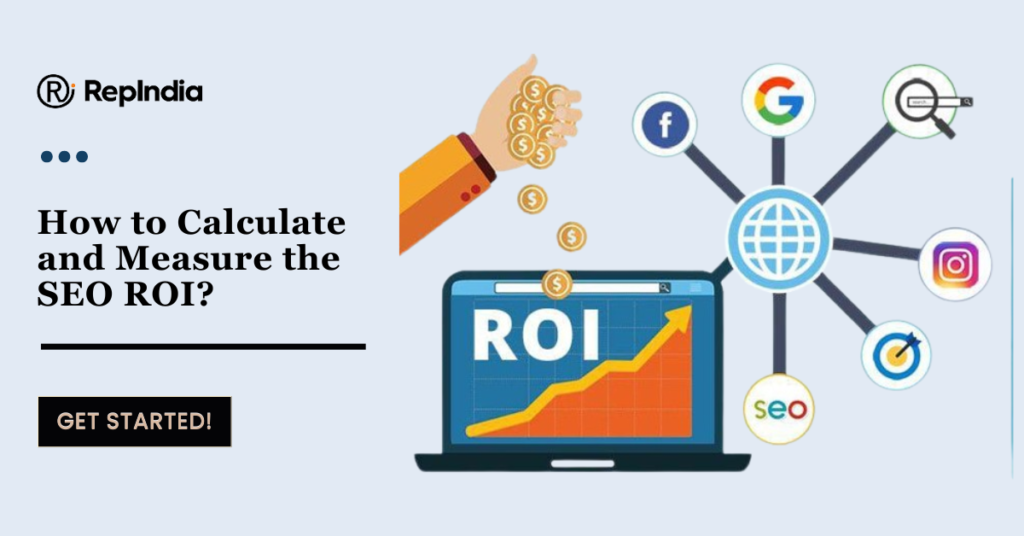Website Management: Why is it Important?
Website management in the digital space today has become so considered as a must when speaking of setting up and maintaining any online business. It will span maintaining the blog, running an e-commerce store to keeping a corporate site alive, so that the website stays functional, secure, relevant for target audiences. The full guide looks at the key aspects entailed in the process of web management, giving insight and helpful tips on its performance optimization.

Table of Contents
ToggleWhat is Website Management?
Web management has to do with the updating and maintenance of the website so that it works effectively for the purpose for which it was developed. This will involve a number of activities that include updating of the content, carrying out maintenance routines, monitoring for security, and optimizing its performance. Effective website management is what will guarantee your user experience and the realization of your digital goals.

Key Aspects of Website Management
Content Management
Relevance/Freshness: Fresh contents and relevance to the audience will keep your audience interested in your topic. Update your blog, product pages, and every essential part of your site with recent information and trends regularly.
Quality Control: All content must be accurate, well-written, and without any kind of error. High-quality content ensures greater user experiences and raises credibility and authority over the site.
Content Strategy: Manage a content strategy in alignment with your brand’s goals and audience interests. This will include topic planning, scheduling of updates, and optimization using best practices for SEO.
Technical Maintenance
Software Updates: Keep your website software current through its CMS, plugins, and themes. Many updates include security patches and a variety of other performance improvements.
Performance Monitoring: Set up tools to monitor performance continuously, like Google PageSpeed Insights or GTmetrix, with respect to loading speed or broken links for the smoothest user experience.
Backup Solution: Ensure that you are using an effective backup solution that can guarantee your website data safety. By regularly performing backups, critical data loss due to technical failures or hacking, among other reasons, is minimal.
Security Management
SSL Certificate: Ensure your website operates over an SSL certificate, encrypting data sent between the website and its visitors. It is a pre-requisite to ensure safety for sensitive information and also to gain audience trust.
Web Application Firewall Protection: Implement a WAF to protect the site from illegitimate access and harmful attacks.
Regular Security Audits: Periodically run security audits to find potential loopholes and deal with them. This can include the monitoring of suspicious activities and installing security patches where necessary.
User Experience
Responsive Design: Your website must be responsive and deliver exactly the same experience both from different devices and screen sizes. Responsive design often often times benefits you with improved retention of visitors, which then means improved ranking in your site’s SEO.
Navigation and Usability: Users should find navigation easy around your site when searching for information. A well-structured menu with clear calls-to-action will enhance the user experience and reduce bounce rates.
Accessibility: Make sure your website is accessible to persons with disabilities. This is through making standards such as the Web Content Accessibility Guidelines accessible to your website. This covers ALT text usage for images, your site being screen-reader friendly, among others.
SEO Optimization
Besides, keyword research will give insight into the terms your target audience is searching for. Inclusion of keywords in content, meta tags, and in URLs will definitely improve a site’s natural search engine ranking.
On-Page SEO: Individual page optimization is about keyword inclusion, meta description optimization, and header tags that clearly tell the search engines what is contained on your pages.
Technical SEO: Some technical optimization work that will make your website structure accessible for search engines to index your pages efficiently.
Analytics and Reporting

Performance Tracking: By using analytical tools like Google Analytics, you will be in a better position to monitor the performance of your website. Thereafter, pinpoint such metrics-traffic, bounce rates, conversion rates among others-that would provide vital insight into how users interact with your website.
Reporting: Keep creating and analyzing reports about the efficiency of your website management strategy. Dig into the information to help you make informed decisions and take proper actions.
Customer Service
Responsive Service: You can provide timely and effective customer support via chat, email, phone, or any other channel that works best for your customers. Return customer calls and queries as soon as possible to retain user satisfaction.
Feedback Mechanism: Provide mechanisms through which users may comment on the use of your website. Employ it for monitoring areas that need improvement to enhance satisfaction.
Compliance and Legal Considerations

Privacy Policies: Your site should be compliant with all necessary privacy policies, be it the GDPR or CCPA. Ensure that the collection of data is well-communicated to the customer and always give the user powers to decide about their preference.
Terms of Service: Offer quick access and complete terms of service, spelling out all dos and don’ts, or terms of use, on your website. Consequently, this will also protect your business by placing certain boundaries on what can be expected by users.
Best Practices for Effective Website Management

Maintenance Schedule: Create a schedule for regular maintenance to address updates, backups, and security checks. Continuous management keeps problems away and your site in top shape.
Keep Informed: Update yourself with recent trends and best practices of website management. Subscribe to industry newsletters and attend webinars and forums to stay updated.
Engage Professional Help: If the management of the in-house site is beyond your capabilities, engage the services of a professional website management service or agency. Experts will be able to give you insight and handle complex tasks so that you are able to focus on your core business.
Prioritize User Experience: Any time one changes the website, the user experience has to come first. Good experience will involve engagement, better conversion rates, and a satisfied customer.
Continuously Improve: From time to time, go through your website’s results and improvise on any area when need be. Continuous improvement is a sure way of maintaining relevance, functionality, and achieving business objectives.
Conclusion
Effective website management services is the way to go when desiring a successful web presence and achievement of your digital goals. Through focusing your attention on key areas like content management, technical maintenance, security, user experience, SEO, and analytics, you can be certain that your site will function properly and maintain a good experience for your visitors. It is through best practices and an interest in continuing trends that the difference in keeping you competitive and realizing the full value of your site will be seen.








Rahul M.
B2B Service Provider